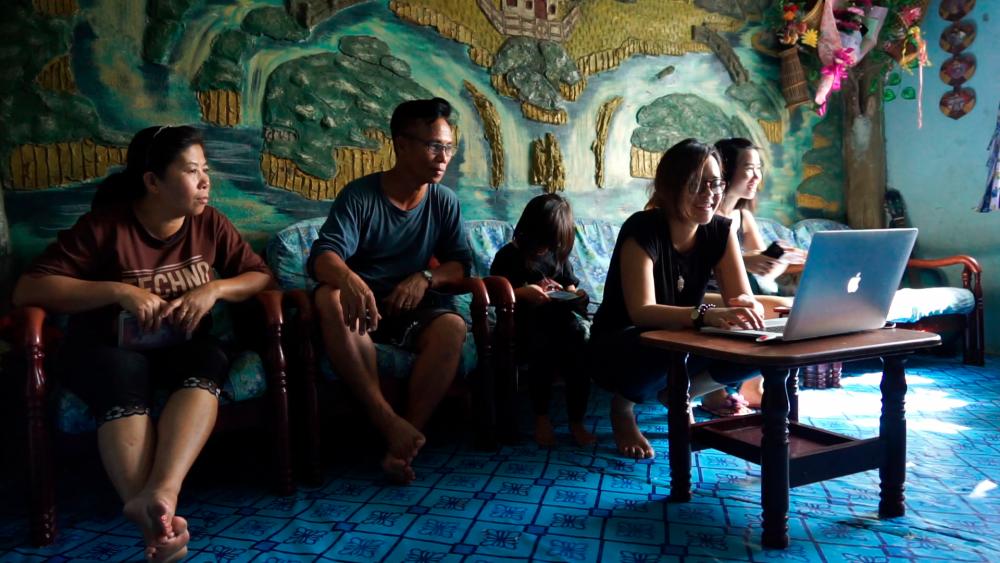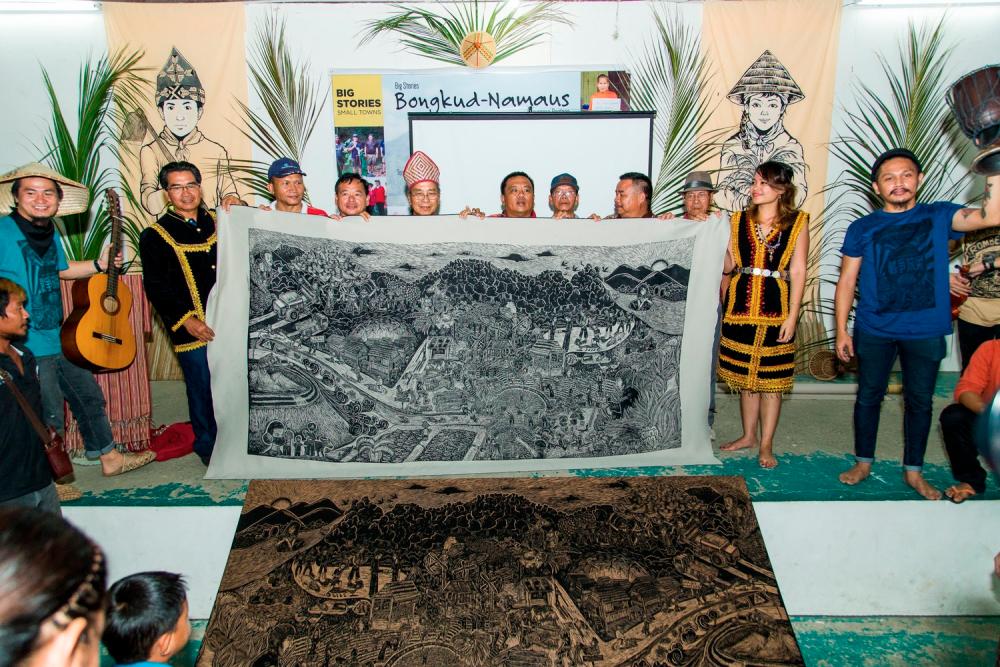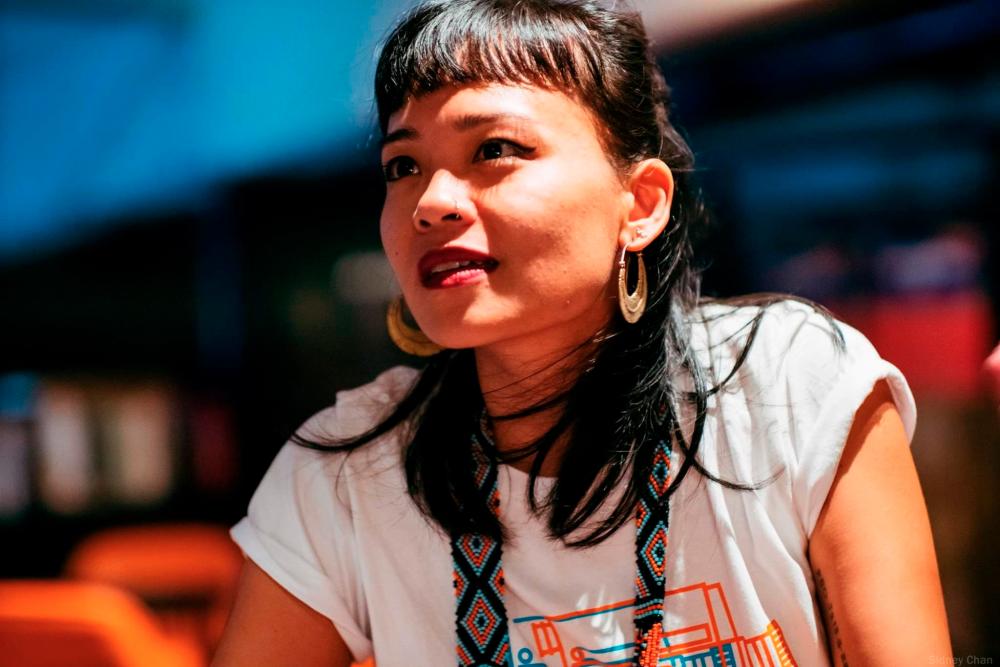THERE is a clear sense of urgency for activism in Nadira Ilana’s work as a filmmaker and human rights advocate. She feels the need to create conversation surrounding what a Malaysian identity is, on her own terms as an East Malaysian.
In that process of exploring her identity, she produced two of her best-known documentaries, The Silent Riot (2012) and Big Stories Bongkud-Namaus (2016), while championing a better and more inclusive cultural representation of Borneo-Malaysians in the national narrative, as well as defending free speech and expression at the frontier of filmmaking.
“As a Sabahan filmmaker with Kadazan-Dusun heritage, making a film is the difference whether our native languages and customs perish. It’s fun because you get to build worlds but there’s also a need for it to be a representation that is relative to our autonomy.
“Mass media in any country is often driven by the status quo, that often have had histories of oppressing others but we’re finding now that globally, the conversation is switching to elevate minority voices in a bid for parity. What I strive to do is to present those who would otherwise not get a chance to be seen, a chance at reclaiming their dignity.
“It’s a race to preserve my cultural heritage, and films are an important way to say, ‘Hello, I exist’.”

Since you first started in the industry, how do you see East Malaysian films being perceived?
When I first started out, people would ask: ‘Why do you keep talking about Sabah? Why can’t you talk about Malaysia?’ It was because at the time, the national narrative was almost exclusively Peninsular-centric.
At first, people in the Peninsular didn’t really know how to respond to my films, which were set in Sabah, because many were not exposed to East Malaysia. We contribute immensely to the nation’s economy, so it does feel unnatural that we have to fight for that space.
I learned that there are right and wrong ways to tell stories, that inclusivity has a process and that requires listening, trust and respect. While the industry in KL still struggles at times to relinquish that control, independent platforms such as the Freedom Film Fest, Pesta Filem Kita and BMW Shorties have been incredibly supportive of Borneo stories and I trust that initiatives like these will pave the way for a more inclusive Malaysia.
One day soon, I hope that the industry at large will, too.
Storytelling is a blend of fact and fiction. Is it necessary to embellish the truth, be it factual truth, psychological truth or emotional truth, in order to write and film a good story?
I don’t know about the ‘truth’ because they’re just perspectives at the end of the day. You have to trust that by being honest with yourself, someone out there might find it relatable. It’s about finding that genuine connection with your audiences.
The criminalisation of dissent brought by the act of protest and activism is interesting. What is your understanding of freedom of speech and expression?
Protest in all its forms is integral to a functioning democracy. To be an activist means to defend our freedom and the freedom of others. People like these are often called disrupters, but who are our nation’s founding fathers if not disrupters themselves?
You mentioned in previous interviews that censorship is not doing the Malaysian film industry any good. What do you think of the future of film and filmmaking in Malaysia?
If art is a mirror to our society, then censorship is a mirror to our administration. As filmmakers and artists, we are inspired by the beauty and realities of this country but we are not given the respect when expression winds up being a guessing game of what the government wants us to say.
The recent censorship of Malaysian filmmaker Chong Keat Aun’s Story of Southern Islet and the response to Namewee’s films are disheartening. Banning films during a pandemic and when cinemas are shut only adds salt to our wounds.
Censorship is redundant, considering we have the internet and streaming platforms. The purpose of cinema is to broaden our minds so whatever measures we have for films should be towards developing a mature, thinking society. Cinema has a much larger capacity to unite people than it does to divide.
It is known that many international artistes won’t perform in Malaysia anymore, fearing cancellation of their concerts. In the process of maintaining a certain image of Malaysia through censorship, we have wound up hurting our creative economy and making our country look bad.










